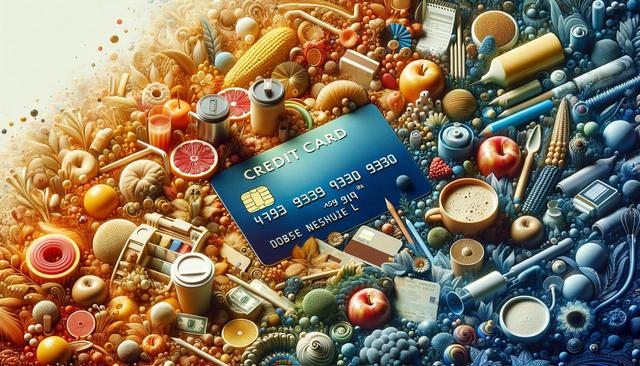What Are Credit Cards with No Credit Check?
Credit cards with no credit checks are designed to provide access to credit for individuals who either have no credit history or have experienced financial challenges in the past. Unlike traditional credit cards that require a credit inquiry during the application process, these cards do not check your credit score. This makes them accessible to a broader group of people, including those with poor or limited credit profiles. These cards are often secured, meaning they require a refundable security deposit, which serves as collateral and typically determines your credit limit.
Because they don’t rely on credit scores, issuers of these cards assess your application based on other factors, such as your income, employment status, and banking history. This approach allows people who might otherwise be denied a standard credit card to begin building or rebuilding their credit profile through responsible use. However, understanding the terms and conditions is critical, as these cards can come with certain limitations and costs.
How Do These Cards Help Build Credit?
One of the main advantages of using a credit card with no credit check is its potential to help establish or rebuild a credit history. When you use the card responsibly — making timely payments and staying within your credit limit — the issuer typically reports this activity to the major credit bureaus. Over time, this can positively influence your credit score.
Key behaviors that improve your credit profile include:
- Paying your balance in full and on time each month
- Keeping your credit utilization low (generally below 30%)
- Using the card regularly to show consistent financial activity
It’s important to ensure that the card issuer reports to all three major credit bureaus (Equifax, Experian, and TransUnion), as some niche cards may not. Without this reporting, your efforts to build credit may not be reflected in your credit file.
Potential Fees and Costs to Consider
While credit cards with no credit check can be a useful financial tool, they often come with fees that users should be aware of. These can include annual fees, monthly maintenance charges, or even set-up fees. In some cases, the security deposit required can be substantial, which may be a barrier for some applicants.
Common fees associated with these cards might include:
- Annual fees ranging from modest to high amounts
- One-time application or processing fees
- Monthly service fees if the card is not used frequently
- High interest rates compared to traditional cards
Understanding these costs upfront is essential. While some fees are standard in the industry, others may be avoidable with careful selection and use. Reading the card’s terms and comparing different offerings can help you find a product that aligns with your financial situation.
Security Deposits and Spending Limits
Most credit cards with no credit check are secured, meaning you must provide a cash deposit that acts as your credit limit. This deposit reduces the issuer’s risk and gives you the opportunity to demonstrate creditworthiness. The deposit amount typically starts at a few hundred dollars, though some issuers allow you to increase your limit over time with additional deposits or through responsible use.
It’s important to note that:
- Your deposit is refundable when you close the account in good standing or upgrade to an unsecured card
- Spending beyond your deposit limit may result in declined transactions or additional fees
- Some cards offer automatic reviews for potential upgrades
Understanding how the deposit works and how it ties to your limit can help you manage your card effectively. Using the card like a traditional credit card — and not simply viewing it as prepaid — is key to building credit.
Is a No Credit Check Card Right for You?
While credit cards with no credit check can be helpful, they are not the right solution for everyone. These cards serve a specific purpose: providing access to credit when traditional options are unavailable. If you’re trying to establish credit for the first time or recover from past financial setbacks, they can offer a structured way to demonstrate responsible use.
However, consider the following before applying:
- Are you able to pay the required security deposit?
- Can you afford the ongoing fees and interest rates?
- Will the card issuer report your activity to credit bureaus?
- Do you have a plan for managing your finances responsibly?
Answering these questions honestly will help you determine whether this type of card fits your needs and goals. In some cases, alternative options like credit-builder loans or becoming an authorized user on someone else’s card might be more suitable.
Conclusion: A Strategic Step Toward Financial Health
For individuals with limited or poor credit histories, credit cards with no credit check can serve as a valuable tool for gaining financial traction. By understanding the mechanics, fees, and responsibilities involved, you can make informed decisions that support long-term credit health. These cards are not quick fixes, but with patience and discipline, they can be stepping stones to broader financial opportunities. If used wisely, they can open the door to better credit options in the future and help you build a stronger financial foundation.






